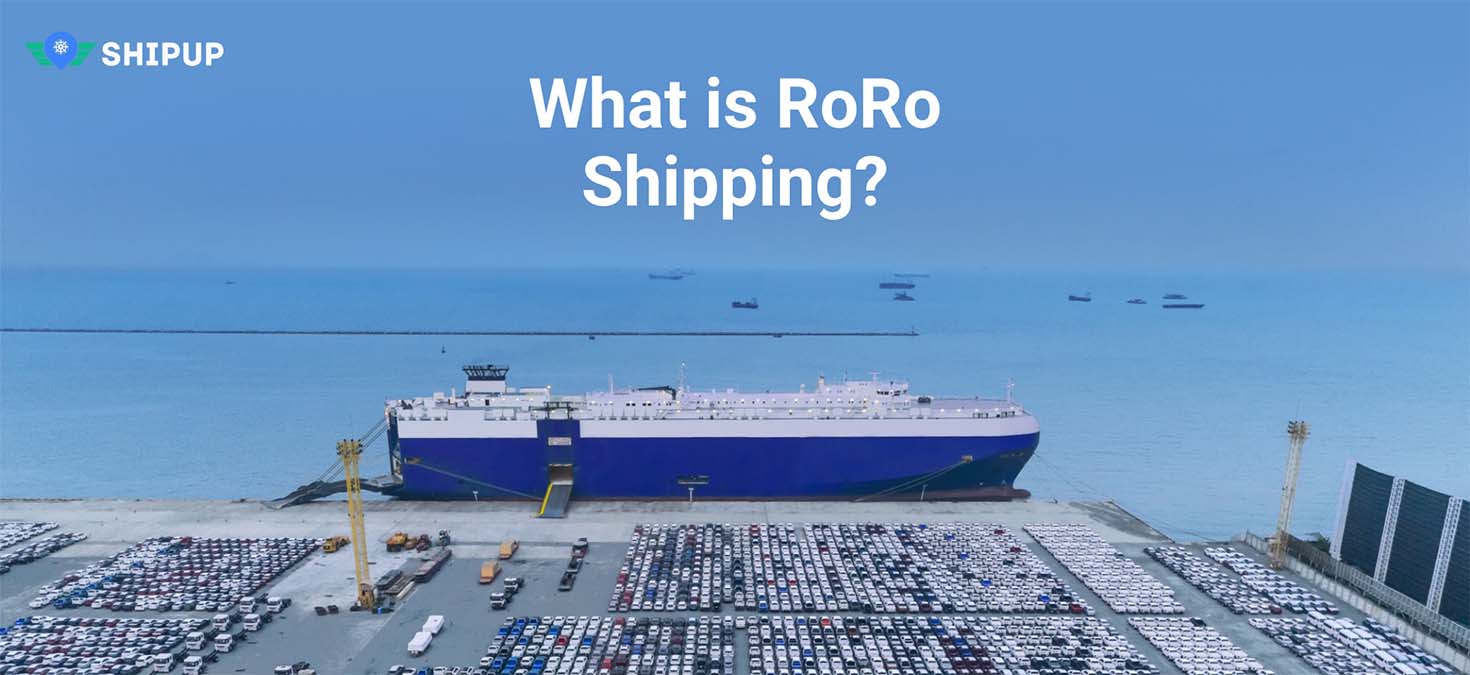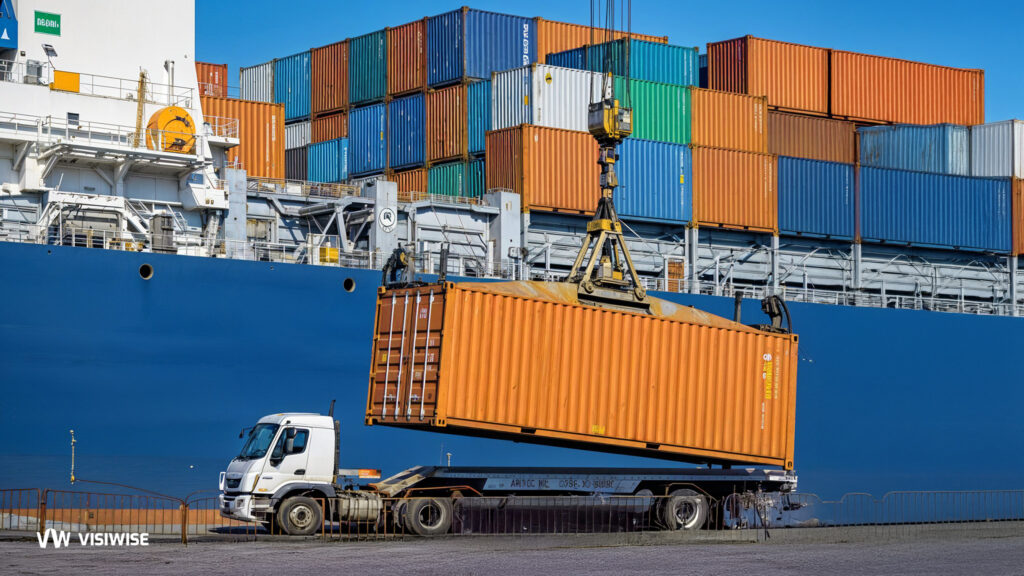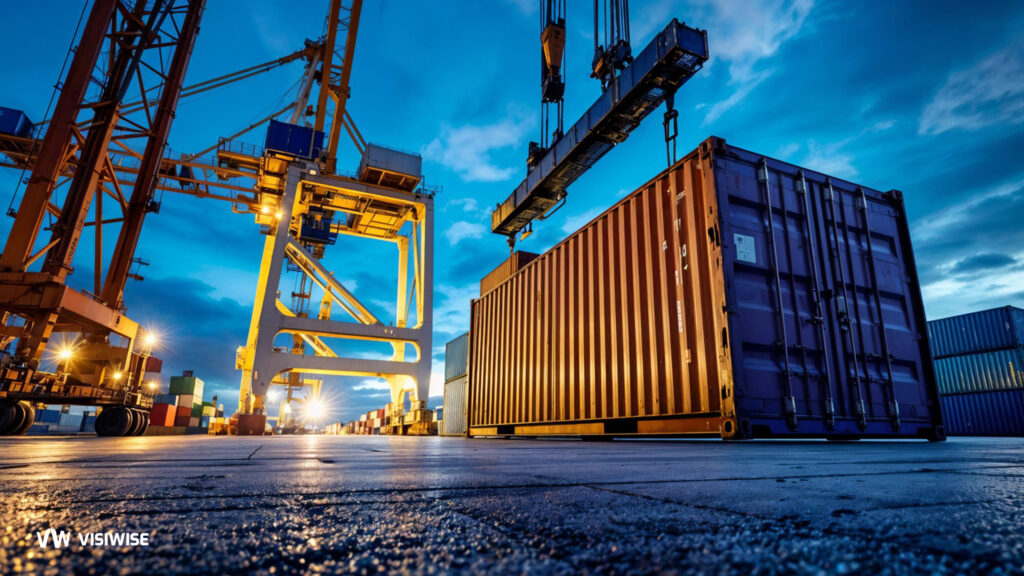A RoRo shipment is a shipment where the cargo is loaded onto the ship using a ramp. This type of shipment is often used for large vehicles, such as trucks or buses.
The benefits of using a RoRo shipment are that it is often faster and less expensive than other shipping methods, such as container shipping. Additionally, RoRo shipments are less likely to damage the cargo than other methods.
There are some disadvantages of using a RoRo shipment, however. For example, the ship must be specially designed to accommodate the ramp, and the ramp itself can be expensive. Also, the cargo must be carefully loaded onto the ship to avoid damage.
What is RoRo tracking?
Roll-on/roll-off (RoRo) tracking is the process of keeping track of vehicles as they are loaded onto and unloaded from ships. This is done in order to ensure that the correct number of vehicles are loaded and unloaded, and that they are all accounted for. RoRo tracking is a vital part of logistics and supply chain management, and helps to keep track of inventory levels and movements.
Can I Track my RoRo Shipment?
Yes, you can track your RoRo shipment using the shipping company’s tracking number. If the shipping company provides a tracking number, it will be included on the BOL. If not, you can track your RoRo shipment using the carrier’s website or through a 3rd-party service as an online tracking system like Visiwise. You can also track your RoRo shipment by calling the shipping company.
What Is the Difference Between a RoRo Ship and a Container Ship?
A container ship is a ship that is designed to carry containers, which are large metal boxes that can be loaded with cargo. A RoRo ship is a ship that is designed to carry cargo that is loaded onto the ship using a ramp. RoRo ships are often used to ship large vehicles, such as trucks or buses, while container ships are often used to ship small items.
A Description of How RoRo Tracking Works
RoRo tracking is a system used to track the location of Roll-on/Roll-off (RoRo) ships. RoRo tracking uses Automatic Identification System (AIS) data to track the location of these ships. AIS data is transmitted by vessels and received by AIS base stations, which then relay the information to a central server. This information can be used to track the movements of RoRo ships and predict their arrival times at ports.
RoRo tracking is a useful tool for maritime planners and logistics providers. It can help them optimize ship schedules and routing and better manage port operations. It can also be used to monitor ship traffic in real time and provide alerts in case of delays or disruptions.
How RoRo Tracking Can Benefit Businesses and Consumers
Roll-on/roll-off (RoRo) tracking is a type of vehicle tracking that uses sensors to track the location, position, and status of RoRo vehicles. This information can be used by businesses to improve their RoRo operations and by consumers to make informed decisions about their shipments.
There are many benefits of using RoRo tracking. For businesses, it can help to optimize routes, reduce fuel costs, and improve customer service. Suppose your customers keep calling you asking about their vehicles and the ETA. In that case, RoRo tracking helps you provide accurate information about the shipments, and you can help your customers better than ever. Note that tracking shipments gives you more visibility, and cargo management is what you need as a logistics expert. Overall, RoRo tracking is a valuable tool for businesses and consumers.
The Future of RoRo Tracking
The future of RoRo tracking is likely to evolve in a number of ways. Firstly, the technology used for tracking is likely to become more sophisticated and able to provide more detailed information.
Secondly, the way in which data is collected and processed is likely to change, making it easier and faster to track vehicles. Finally, the use of RoRo tracking is likely to become more widespread as it becomes increasingly recognized as an important tool for managing fleet operations.



